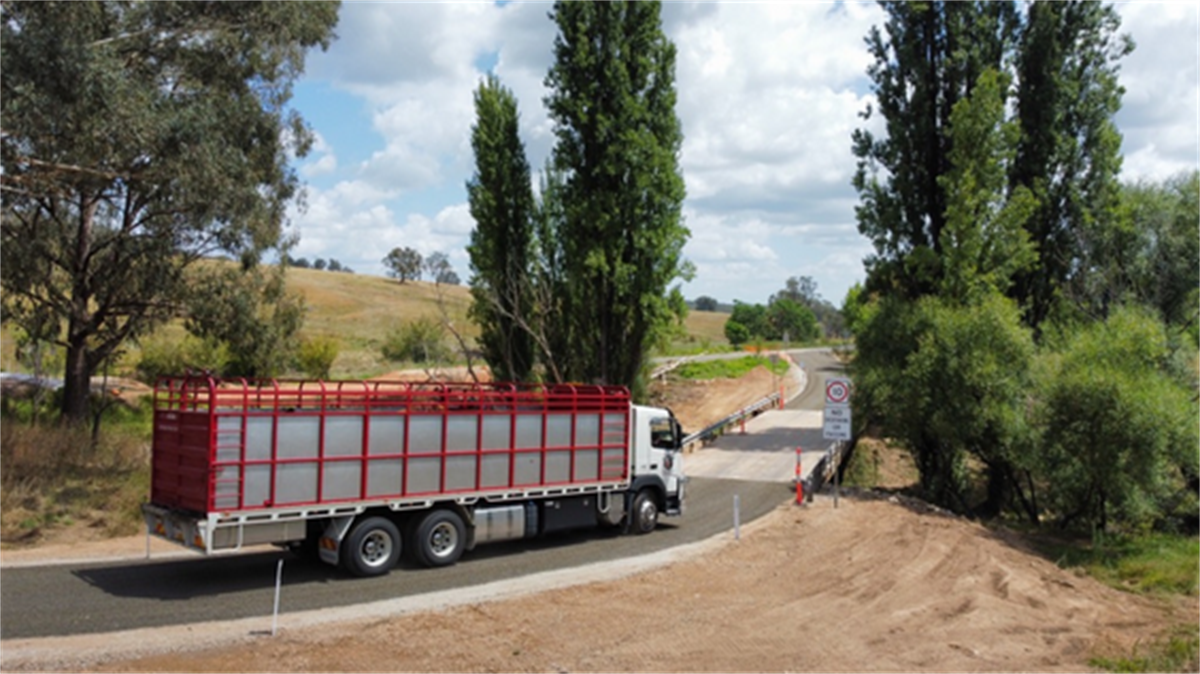Demand for easy-to-access mental health and wellbeing support is surging in Victoria, with Beyond Blue preparing to enlist more mental health coaches for its popular NewAccess program.
Coaches are trained to provide low-intensity cognitive behavioural therapy for up to eight sessions, with guidance from clinicians, helping people navigate life stress.
Coaches provide support by phone, video or in person in some locations – all free of charge.
Beyond Blue CEO Georgie Harman said demand for NewAccess across Victoria had increased dramatically over the month of August.
“We’ve seen demand surge by more than 80 per cent in response to our ongoing website enhancements which are making it easier for people to book a NewAccess appointment,” Ms Harman said.
“What this tells us is that there is huge interest in affordable, effective and easy-to-access ways to manage common life stressors, which we know can really challenge our mental health if left unchecked.”
Ms Harman said Beyond Blue was in the process of enlisting extra trained NewAccess coaches to prepare for growing demand in Victoria.
New coaches undergo rapid training over 12 months in low-intensity cognitive behavioural therapy, which they then deliver under clinical supervision to people experiencing mild to moderate anxiety and depression.
Seven out of 10 NewAccess participants report a significant reduction in depression and anxiety symptoms, according to peer-reviewed research.
Ms Harman said by developing a mental health coaching workforce with a clear career pathway, Beyond Blue was working to support the national effort to address the mental health workforce crisis while providing a vital early intervention mental health service.
“We know the existing mental health workforce is facing extraordinary demand. The task now is to not only grow the existing workforce, but to think differently; to create new, complementary workforces that allow the mental health system to mature in such a way that it can better match people with the level of support they need,” she said.
“The Productivity Commission estimates that up to two million people who receive mental health treatment could benefit from choosing a low-intensity mental health supports which will cost them less, are less time intensive and can be accessed more easily. We think a skilled, supervised coaching workforce is a step towards creating that system.”







